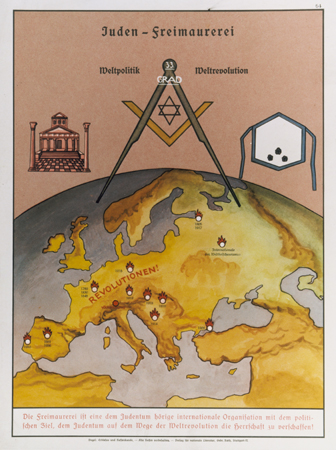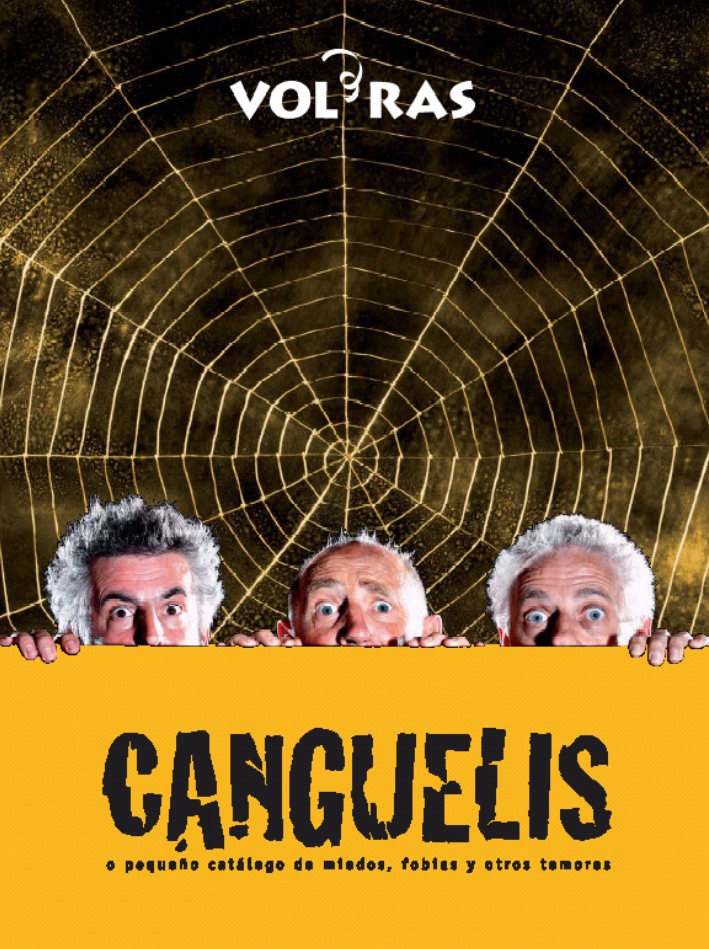
Spanish novelist, Juan Marsé (Barcelona 1933) belongs to the group of realists from the 50s rooted in Barcelona, together with Jaime Gil de Biedma, Carlos Barral, José Agustín Goytisolo, Juan García Hortelano, Manuel Vázquez Montalbán, Juan Goytisolo, Terenci Moix and Eduardo Mendoza.
La oscura historia de la prima Montse, is a key novel in his career as a writer as this is the novel where we can find the events and characters that have obsessed him throughout his life as a writer. In this book he expresses strong feelings and opinions about Catalan society under Franco's regime.
Some of his novels, such as Últimas tardes con Teresa, Si te dicen que caí, La muchacha de las bragas de oro and El amante bilingüe, have been adapted for the cinema or the theatre with little success.
Marsé analyzes the moral and social downfall of postwar Spain, class differences in his native Barcelona, the memories of those who lost the Civil War, the fight between workers and burgeois students and lost childhood. He analyzes Spanish society with the techniques of social realism, although, sometimes, he also experiments with other more avant-guard mechanisms, always with irony and satire and humour. His books have often been censored in the past.
Have you read any of his books. Well, if you haven't, this is an opportunity to see if his writing is still alive. Did he deserve this prize? Tell us your opinion.























